The journey of communication even from the prehistoric phases has so far been full of revolutions, plataeuing and resurrections. The non human communication has also been Sanskritzed with human lives through taming and domestication of wild and undescript animals. This is a beginning and pro-human communication goes on evolving in both text and approach. It is now a blend of traditional and electronic communication that has entered the rural social system in swashbuckling manner.
The process of communication evolves and mutates over time and space to be redesigned as Development Support Communication DSC, Development Support System DSS or value added Communication VAC. The applications and benefits of Information Communication Technology ICT is to design and derive for 329.7 million ha of land surface, 143 million ha of agricultural land, and where in 65 million hectors of land goes rain fed by nature. In India, there are more than 6,00,000 villages 600+ districts and 1.24 billion of population of which 550 millions have to reel under abject poverty. While Indian agriculture has already superseded two phases of her evolution, inductive and stimulative, it is the right time to pass through the third new phase, i.e. simulative agriculture. In this phase, the application of knowledge, information and wisdom will supersede the need for application of fertilizer, chemicals or provision of credits as have been done in both inductive and stimulative agriculture between 1950 to 2000.
Information Technology rightly and amply has encompassed and assimilated the entire key elements of all these Technology ICT. Incoming time for the farmers, marginal, small or big, would be the age of the Information Communication Technology (ICT). Incoming time for the farmers, marginal, small, or big, would be the age of the Information Communication Technology for shaping and profiling all critical derivatives of farm life processes like decent livelihood and security and quality assurance. The increasing rate of urbanization in Indian scenario has characterized the Indian agriculture to go electronically receptive and sensitive and no way left in between for its much desired development and inclusive growth.
ABOUT THE AUTHOR D. Basu
Another member of the team, Dr. Debarata Basu is also an erudite and eminent hard worker in the field of Extension education. He is presently serving as Associate professor in BCKV. His area of expertise comprises the area of Participatory Learning and Action, Participatory Project Management, Gender and Agriculture, Watershed Management, participatory technology development, participatory Disaster Project Management, Agricultural Input marketing Management Training Methodology, indigenous knowledge, communication and organization system, distance learning, etc. He has the working experience with the ICAR, Manage, NIRD, CARE India, Lutheran World Service, IRRI, DFID (Indian & Bangladesh) as expert.
ABOUT THE AUTHOR M.M. Adhikary
The editorial team consists of the three eminent members of the esteemed Institute, BCKV, Mohanpur, Nadia, and West Bengal. Firstly, the book is edited by the erudite personality of the erudite personality of the academic world of Social Science and related disciplines, Prof M.M. Adhikary who is presently offering his invaluable services as professor of Agricultural Extension, Faculty of Agricultural Extension, faculty of Agriculture, BCKV. This distinct personality has been attached with the profession of teaching, research and extension for about twenty-five years. His immense potentiality of academic activities and capabilities to work with the people, sense of research and extension works helped him to serve as Dean, faculty of Agriculture and Director (in Charge), Directorate of Extension education in the same university as well as head of the Department of Agricultural Extension. To his credit there are 55 numbers of scientific research papers published in National and International Journals, a good score of chapters and full volume of books in related areas. He is widely traveled all through his carrier covering China, Japan, and Thiland, etc.
ABOUT THE AUTHOR S.K. Acharya
Second eminent member of the team, dr. S.K. Acharya, is a man from Extension who is famous for his innovative ideas, thoughts and approaches in the aegis of Agricultural Extensions. This erudite and pleasant personality is presently offering his service as the Associate professor in the development of Agricultural extension, BCKV, Mohanpur, Nadia, and West Bengal, India. His innovative approaches and concepts in the aegis of Extension Education helped him to establish as the experienced expert in different ODI projects in the specialized area of participatory extension, Technology Socialization, Participatory Project Management, Value added Agriculture, Micro Planning, Universalisation of primary education, Joint Forest Management. He has so far published 598 research papers in different National and International Journals.

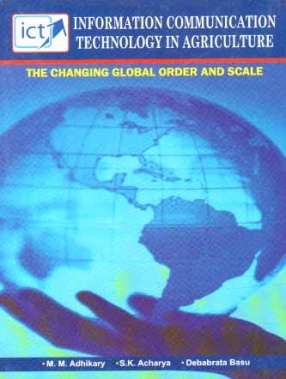
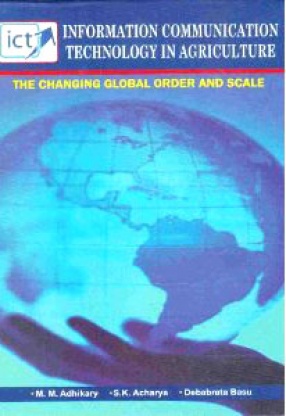

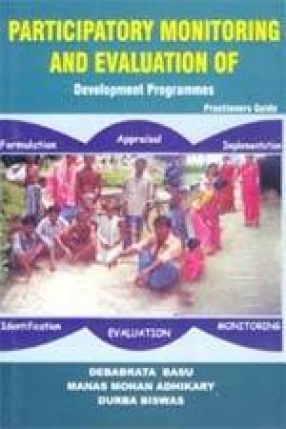
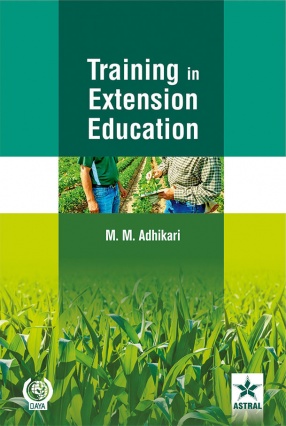
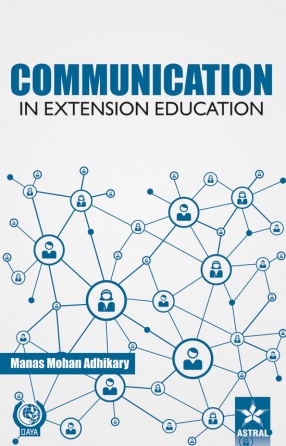
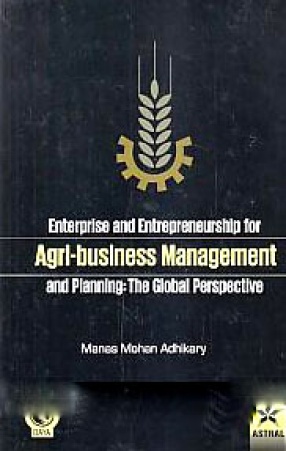
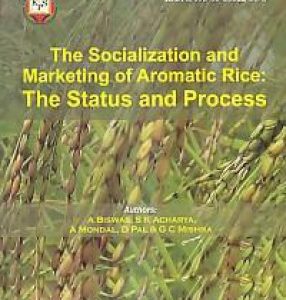
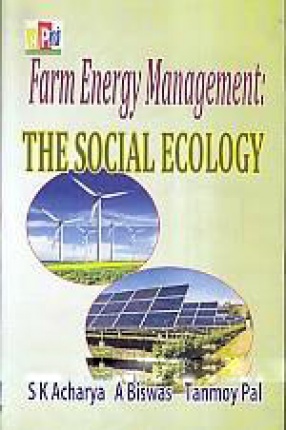
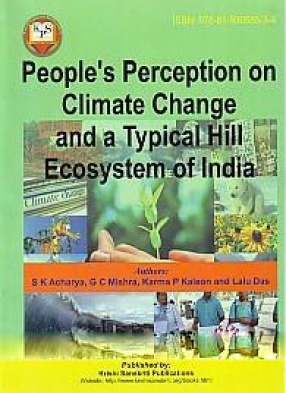
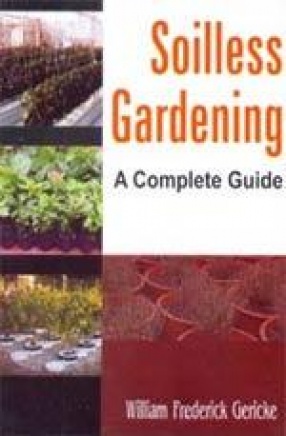
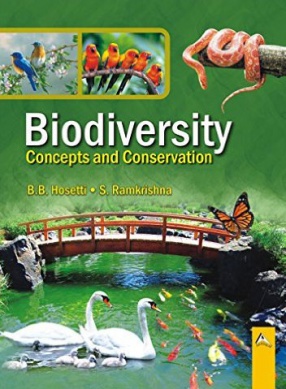
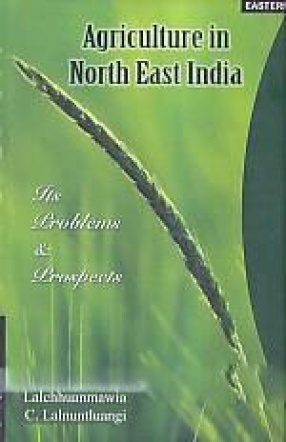
There are no reviews yet.